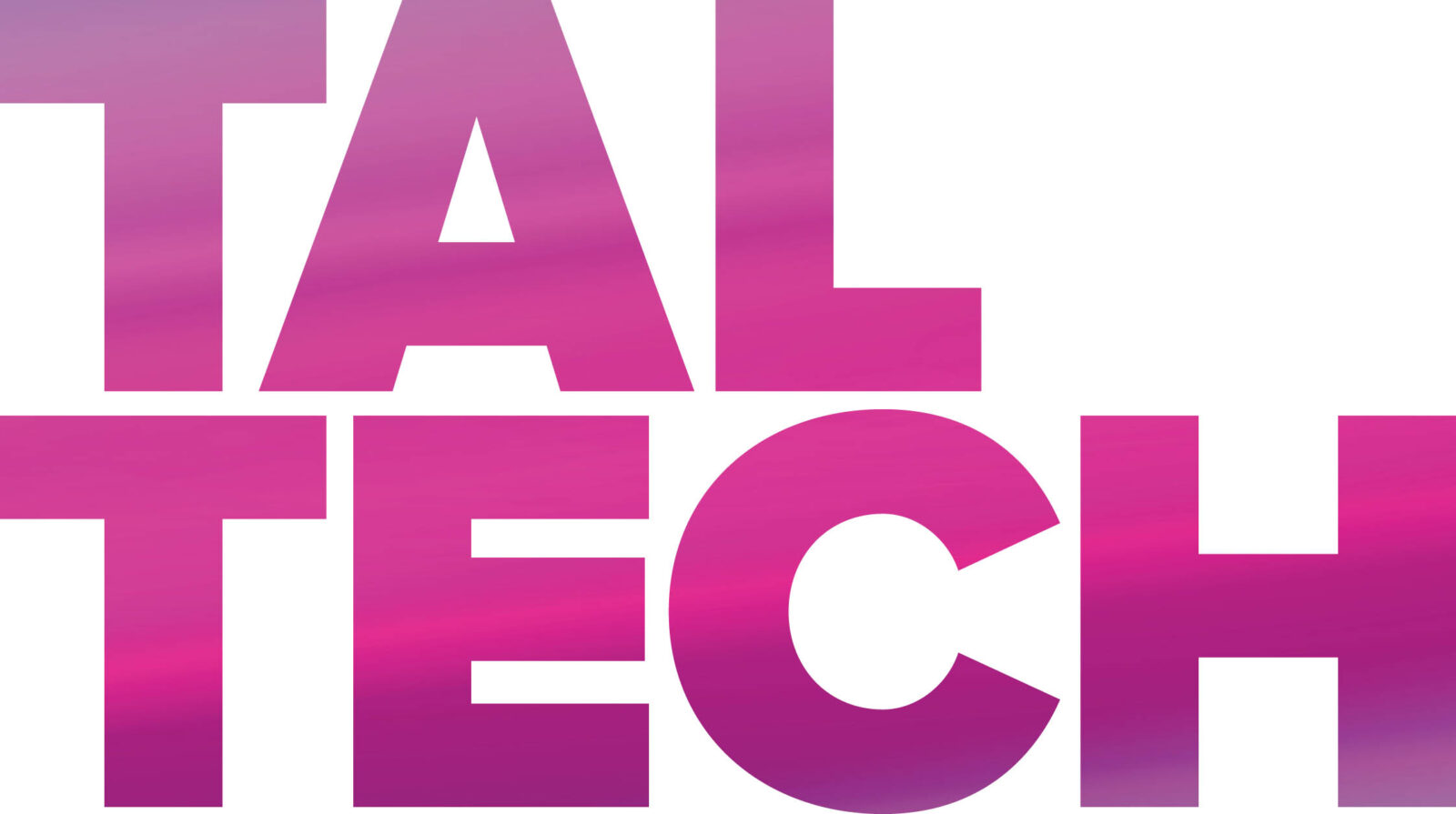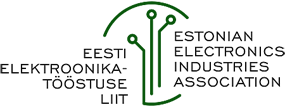University

| Address: | Ehitajate tee 5, 19086 Tallinn |
| Telephone: | +372 620 2002 |
| Fax: | +372 620 2020 |
| Website: | www.ttu.ee |
| E-mail: | info@taltech.ee |
| Founded: | 1918 |
| Employees: | 1837 |
| Rector: | Tiit Land |
| Contact Persons: | Gert Jervan, Dean of the School of Information Technologies Director Laur Lemendik of the Thomas Johann Seebeck Department of Electronics |
| Activities: | The Thomas Johann Seebeck Department of Electronics is an institute of teaching, research, and development with Bachelor’s, Master’s, and Doctoral programmes. The aim of the department is to promote high-level research and engineering education in internationally recognised cognitive electronics and electronic communications. |
| Specialties, study groups: | The Study Centre for Electronics and Communication Technologies supports the following curricula with electronic and communications engineering knowledge:
Computer Systems (Bachelor’s study) The curriculum provides the knowledge and skills necessary to create both software and hardware. Graduates will be able to make smart devices interact with each other and combine them into a larger IT system. The curriculum emphasises the importance of practical work alongside the general and specialist subjects. All students participate in several professional projects where the project team solves real tasks from companies. There is a possibility to focus in your studies on electronics and telecommunications, which focuses primarily on analogue electronics and hardware, as well as radio communications. Electronics and Communication Technologies (Master’s study) The main field of study of electronics focuses on the development of modern electronic systems. Examples of important speciality subjects are embedded systems and radio frequency electronics. In the main field of study of communication technologies, technologies used in modern networks (fibre optics, radio communication, 5G, IoT) are taught in addition to the theoretical subjects (signal processing, telecommunication theory). Students of the main field of study of modern nanomaterials and semiconductor electronics, which focuses on research and development, can learn about semiconductor materials, micro- and nanoelectronics, and their applications (e.g. lab-on-chip). Information and communication technology (Doctoral study) |
| Learning methods and opportunities: | Daytime learning |
| Address: | Pärnu mnt 62, Tallinn |
| Phone: | +372 666 4500 |
| Website: | www.tktk.ee |
| E-mail: | tktk@tktk.ee |
| Founded: | 1992 |
| Employees: | 230 (as at 2020) |
| Manager: | Enno Lend |
| Contact persons: | Lembe Inkinen Hele-Mall Leego Jaak Lavin |
| Activity: | TTK University of Applied Sciences (TTK UAS) offers studies in six institutes within the fields of engineering, production, and construction; in the field of study of transport services in the field of services; in the field of study of business and administration in the fields of business, administration, and law, and in the field of study of welfare in the field of health and well-being. |
| Curricula: | TTK University of Applied Sciences is a leader in applied higher education in the field of technology in Estonia. The curricula include robotics, mechanical engineering, electrical engineering, production and production management, automotive engineering, etc. Teaching is closely linked to practice and integrated into the world of work, and the employment of TTK UAS alumni is consistently very high. In addition to formal education, TTK UAS offers in-service training for specialists and managers and helps to design the best personal study journey for each student. |
| Services: | TTK UAS is a partner to the private and public sector in promoting their development and implementing innovation. Located in the City Centre of Tallinn, the study building and laboratory base are open to companies for applied research. Modern industrial 4.0 logistics, industrial automation, electrical engineering, virtual construction and other laboratories are able to offer solutions to undertakings in design, production and supply chain management. |
